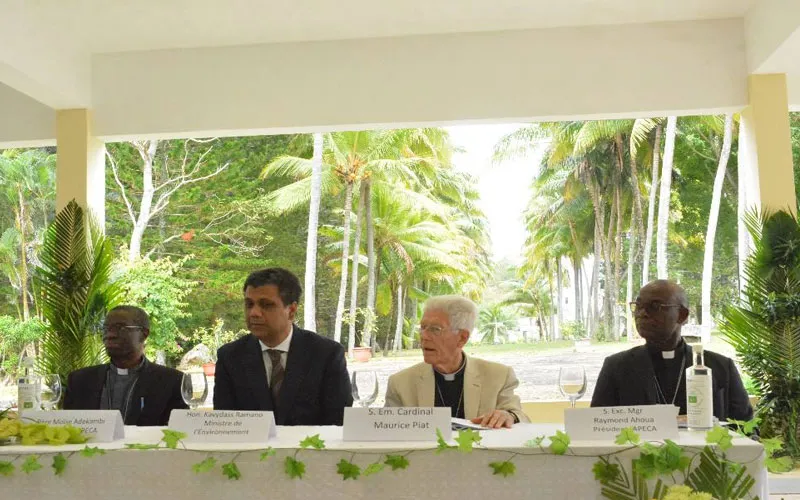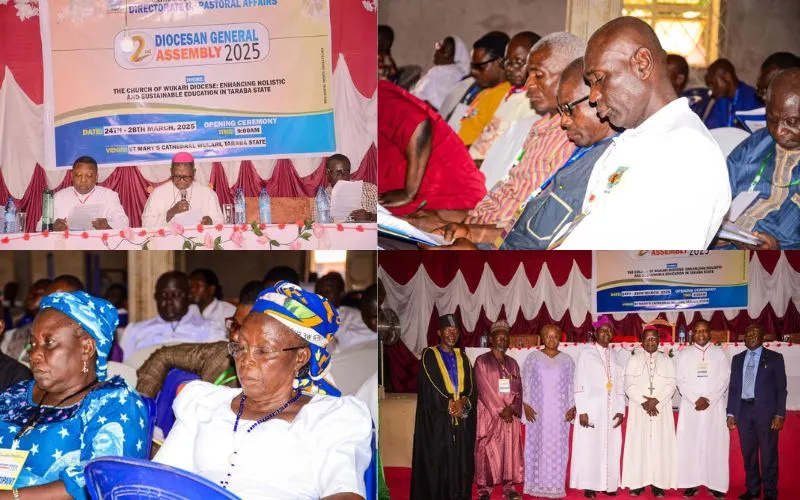Port Louis, 08 September, 2022 / 6:11 pm (ACI Africa).
The lack of energy and enthusiasm, culture and lifestyle are among the “barriers” to environmental conservation, the Bishop of Port Louis Diocese in Mauritius, Maurice Cardinal Piat has said.
Cardinal Piat who was addressing participants of the 20th Congress of the Pan-African Association of Catholic Exegetes (APECA) on Monday, September 5 advocated for a change of lifestyle and called for political leadership to reverse climate change trends and conserve natural resources.
“Despite the overwhelming findings, we are faced with the lethargy of decision-makers around the world. We are confronted with cultural, political and economic barriers to the environmental crisis,” the Mauritian Cardinal said during the weeklong Congress set to conclude September 10.
There is the cultural barrier that “requires a change in our lifestyle, for example, taking the car less and favoring public transport, reducing our consumption of plastic, reducing our over-consumption and adopting a sober life, without waste,” Cardinal Piat told APECA participants at the Foyer de l’Unité in Souillac in Mauritius.
The member of the Congregation of the Holy Spirit (Spiritans) spoke about the economic barrier, “promoted by the West and increasingly imposed throughout the world, based on the idea that economic growth should always be on the rise.”








